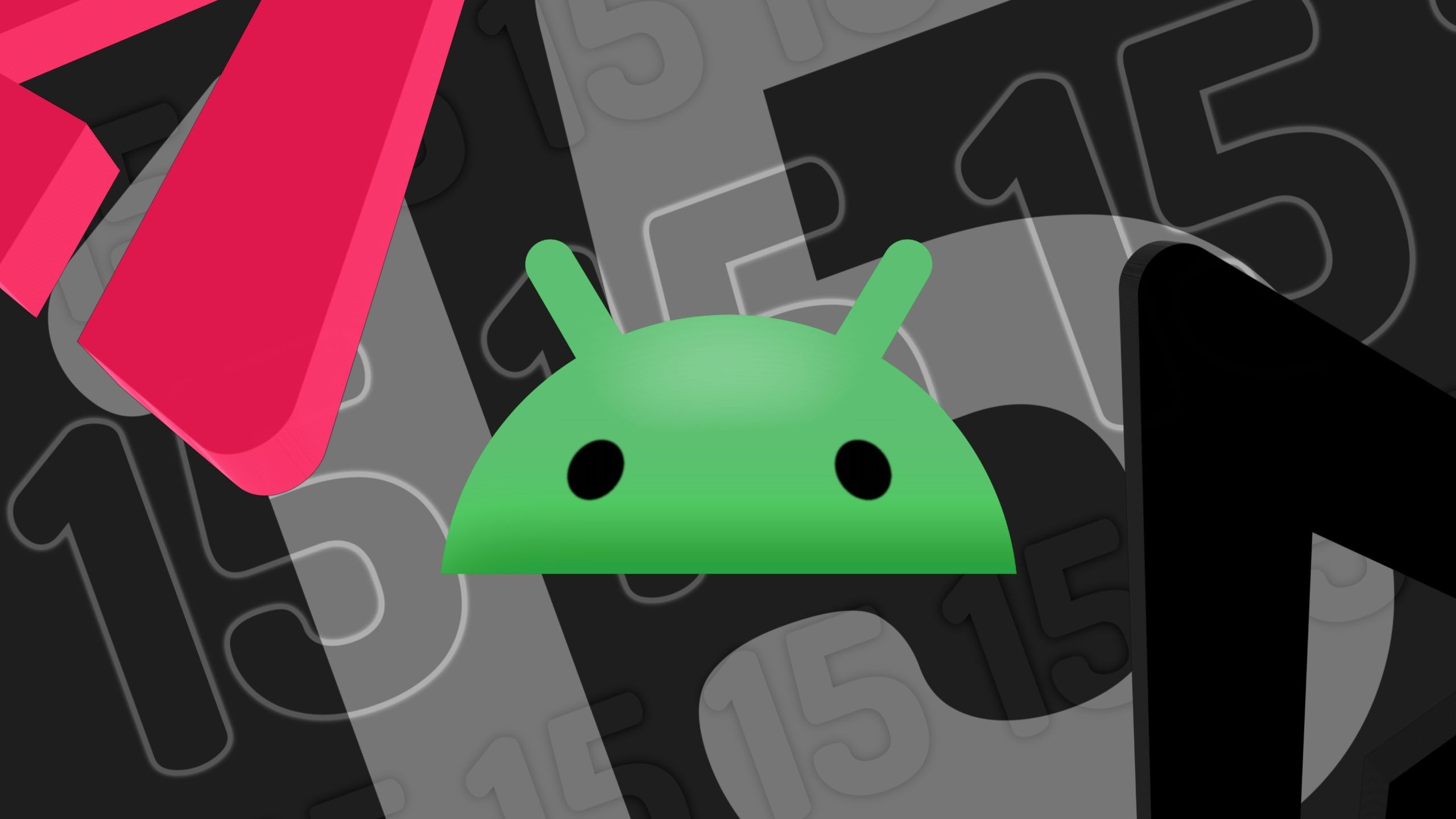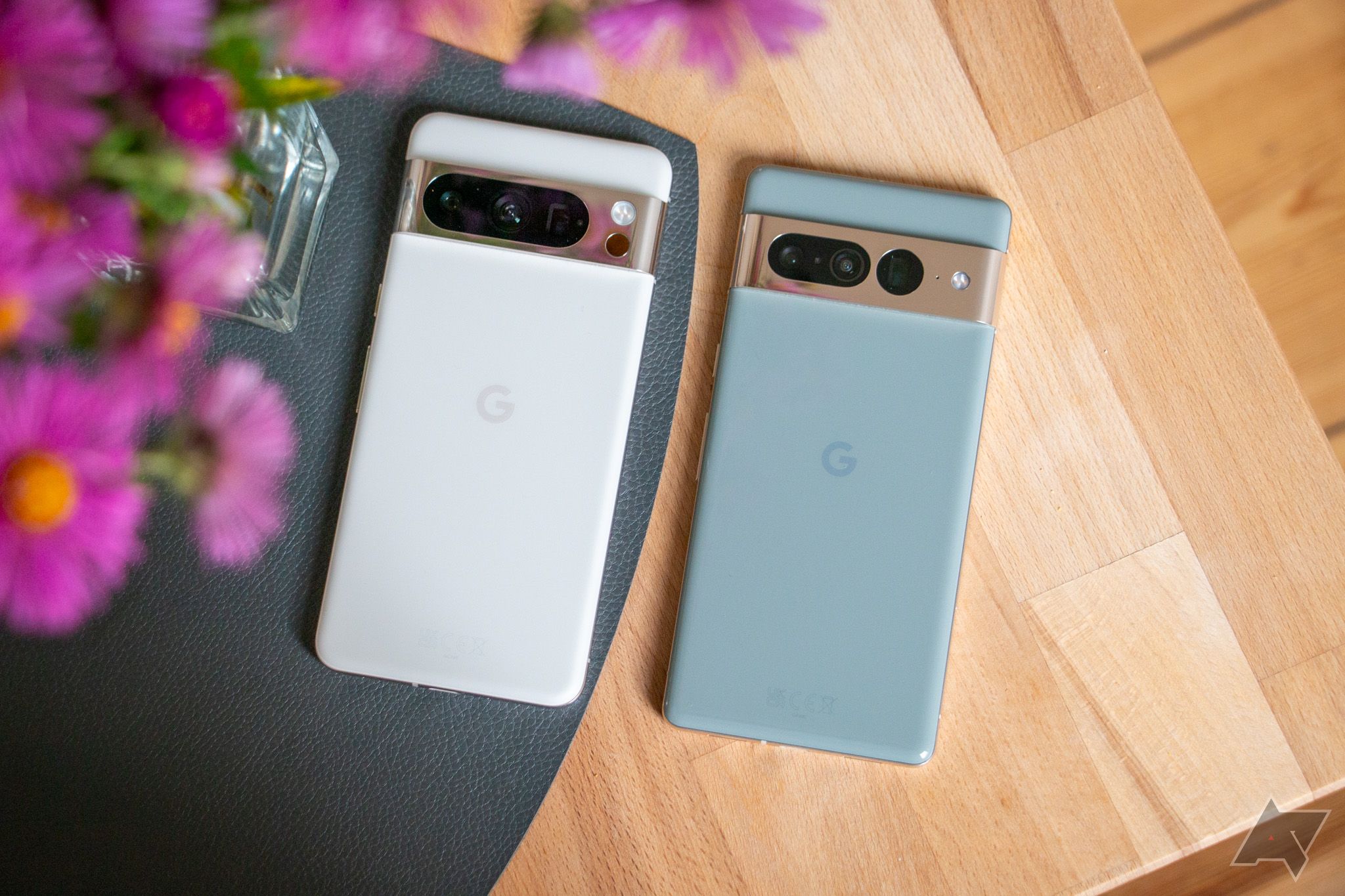Tech
If the Google Pixel 9 launches with Android 14, it deserves 8 OS updates
We’ve been taking it as a given that Google’s Pixel 9 phones, which the company is debuting at a hardware event in just a couple of weeks, will ship with Android 15. But this morning, Android Headlines reported that, for the first time, Google’s set to launch a new Pixel phone without a new version of Android to go with it. The Pixel 9 series will apparently hit shelves with Android 14 in tow, with an update to Android 15 to follow post-launch.
The Pixel 9 will obviously be among the first phones to get Android 15 once it’s available, and seeing as how the Android 15 beta program is nearing the end of its roadmap, that shouldn’t be too long after launch. But while the strange timing doesn’t matter much in the near-term, it got me wondering: if the Pixel 9 gets a strict seven years of updates, is it going to end up stuck on Android 21 (or whatever it’s called in 2031), weeks before a new version is out?
Related
Google Pixel 9: News, leaks, rumored price, and release window
Google’s biggest mobile shakeup since Tensor is almost here
Seven years could end at an inconvenient time
Pixel 9 may stop getting Android updates just before a new version drops
Seven years is a long time, and a lot could change by then; Google and Samsung both pledge seven years of software support for their current generation of devices, but neither’s actually supported any phone for that long to date. Assuming these update promises hold true, though, the update lifecycle for a Pixel 9 launched in August this year will end in August 2031. (A leaked image shared by Android Headlines says the Pixel 9 will get updates for “seven years from when the device first became available on the Google Store in the US.”)
Google’s historically released its new phones in October, after shipping a new, numbered Android version sometime earlier in the year, usually between August and October. Again, plenty could change in the next seven years; Google could start releasing its annual Android overhauls earlier in the year, or switch to an altogether different release cadence that doesn’t necessarily line up with hardware releases in any meaningful way.
But if everything stays relatively stable until the end of the Pixel 9’s promised update window, it’s possible the phone’s updates will stop just shy of a new Android version, and it’ll never see 2031’s major update. The last and only Android version to launch earlier in the year than August 13 (not counting the tablet-exclusive Honeycomb way back in 2011) was Android 9 Pie, which landed on August 6, 2018.
If it does all play out this way, hopefully Google will bend the rules a little to get the Pixel 9 series that last additional update. I realize nobody’s buying a phone today based on the software it’ll run in the next decade, but making good on an impressive update commitment and then some would be the kind of pro-consumer move I’m always happy to see.

Related
Android 15: Leaks, timeline, and what’s new in Beta 4.1
It seems like a stable release is right around the corner
This is a good problem to have
Software support’s come a long way on Android
None of this will matter for quite a while, and it’s entirely possible nobody working at Google today will be deciding which phones get which updates in the early 2030s. But that we’re able to talk about this at all, that it’s not unreasonable to hope a new Pixel gets eight major annual software updates, is a hell of an improvement over the state of Android updates just a few years ago. We can only hope more manufacturers follow Google and Samsung’s lead on this.
Google’s set to tell all about its Pixel 9 series very soon: the company’s confirmed its newest phones will be detailed in full at an August 13 hardware event in Mountain View. I doubt anyone’s going to commit to delivering Android 22 to the Pixel 9 on-stage, but we should at least get some clarity on the Android 14/15 situation.

Related
6 exciting reveals we’re anticipating at Google’s Pixel event in August
Here’s a preview of the August Pixel Event










